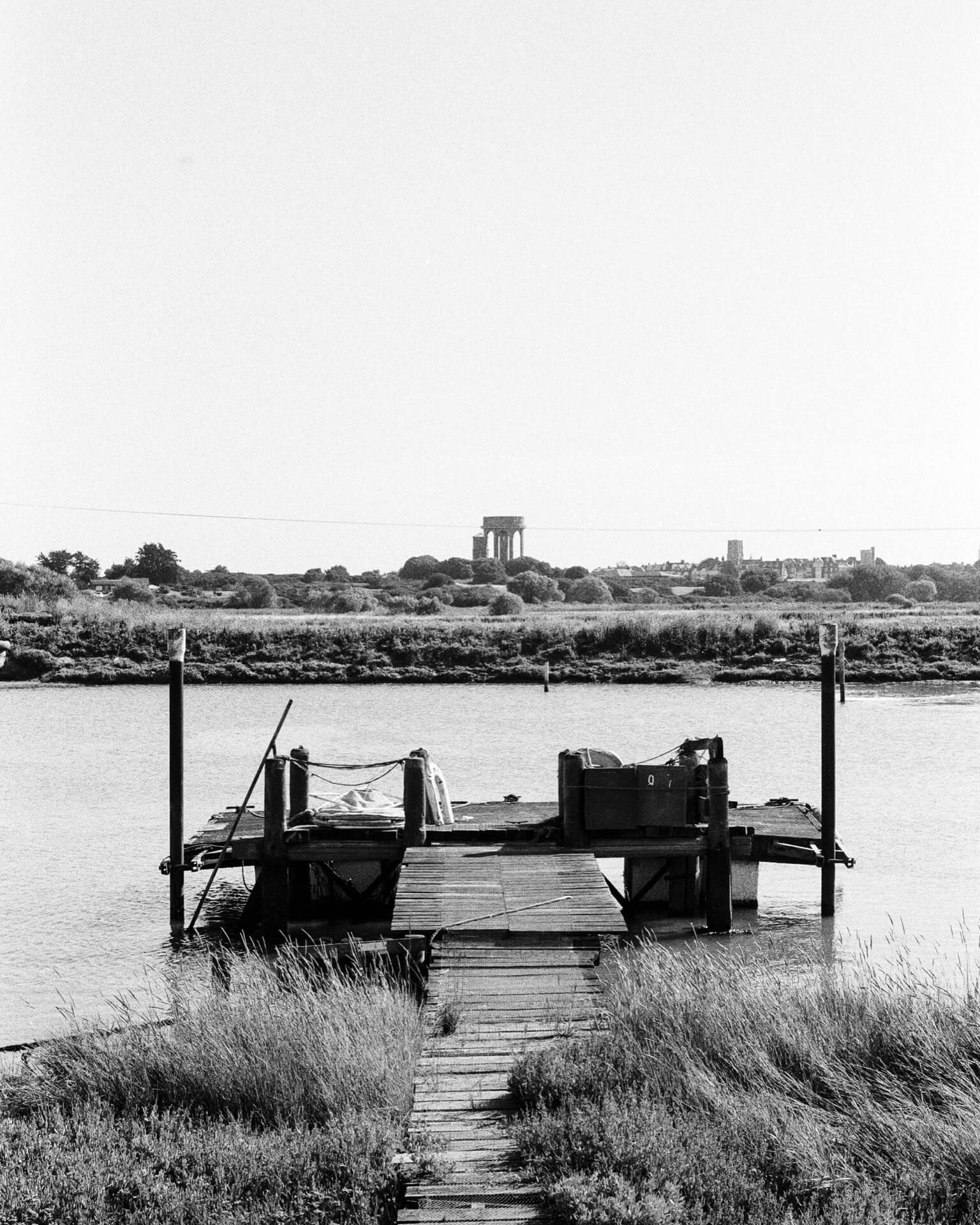Walberswick & Southwold on HP5
Nestled upon an elevated spur of land, the charming hamlet of Walberswick sits at the mouth of the beautiful River Blyth.
Encompassing more than a thousand acres of heath and marshland encircling Walberswick, a designated Area of Outstanding Natural Beauty (AONB) safeguards this scenic expanse. Situated at a leisurely walking distance, the coastal town of Southwold lies north, accessible via a ferry boat or a footbridge. If I’m wanting to get the steps in, the latter is the route that I often take.
The etymology of Walberswick is thought to trace its origins back to the Saxon names "Waldbert" or "Walhbert," likely denoting a landowner, coupled with "wyc," signifying a haven or safe harbor. Across epochs, spanning from the medieval era to the twentieth century, this village flourished as a bustling port engaged in the trade of commodities ranging from cheese, bacon, and corn to timber and the bounty of the sea.
From the Victorian epoch onward, Walberswick's shores have beckoned numerous artists to its embrace. Among these creative souls are notable figures like Charles Rennie Mackintosh and Philip Wilson Steer. This pull of inspiration for artists remains as potent today as it did in yesteryears, a testament to the timeless allure of Walberswick's landscapes and the perpetuity of its artistic legacy. It’s certainly a place that I like to frequent and take a walk around.
Grabbing my trusty Olympus OM10 and loading it with a roll of Ilford HP5 film, I decided to head to Walberswick one Saturday morning in August. Walking along the beach first, I decided to head towards the footbridge, crossing over and meandering along the harbour at Southwold, ultimately retracing my steps to indulge in a tasty treat snack and a coffee at the esteemed Black Dog Deli.
No matter how often I explore these locations on the coast, there's consistently something fresh that captures my attention.
All images shot with an Olympus OM10 & Olympus 50mm OM F.Zuiko f/1.8 Lens on Ilford HP5+ 400.
Developed by AG PhotoLab and home scanned using a Plustek OpticFilm 8100
















